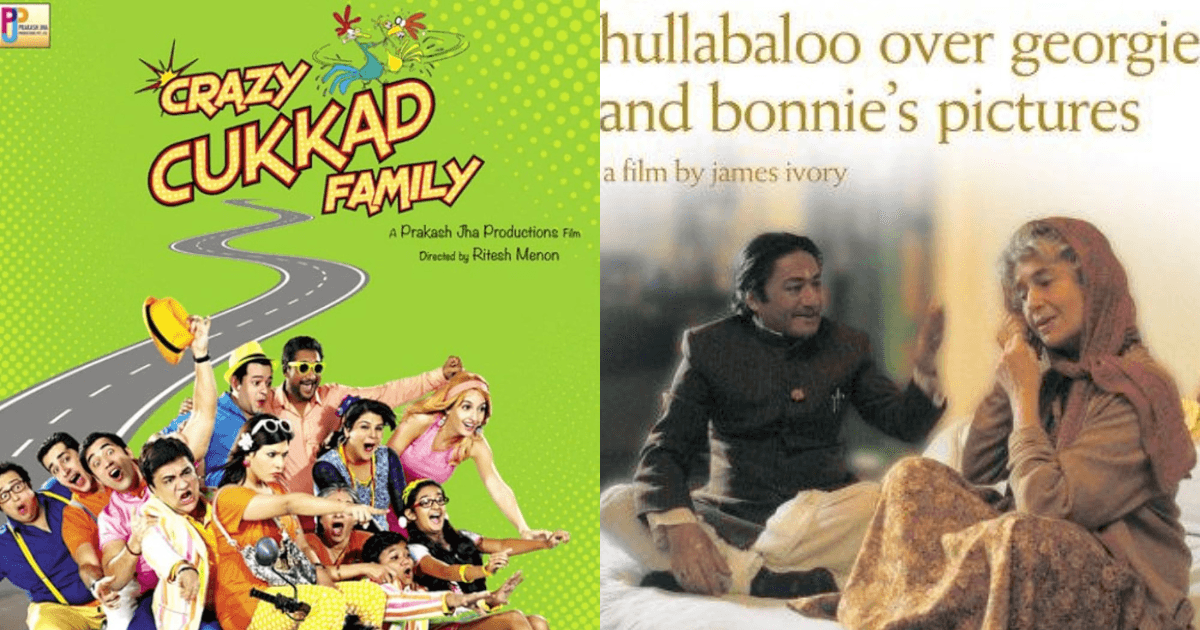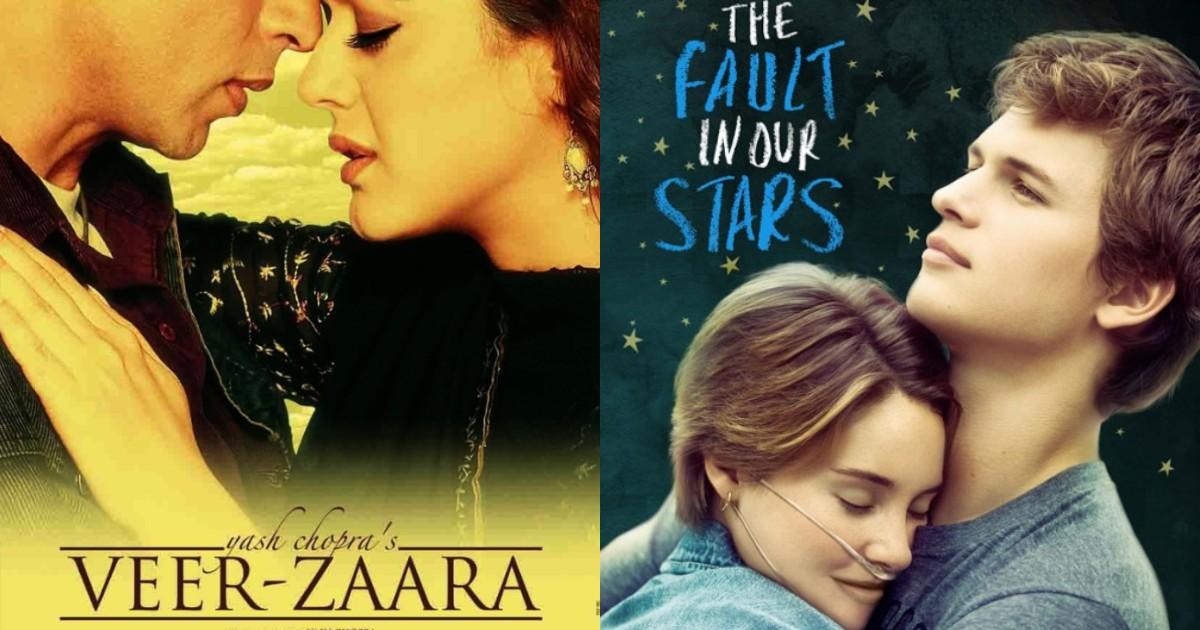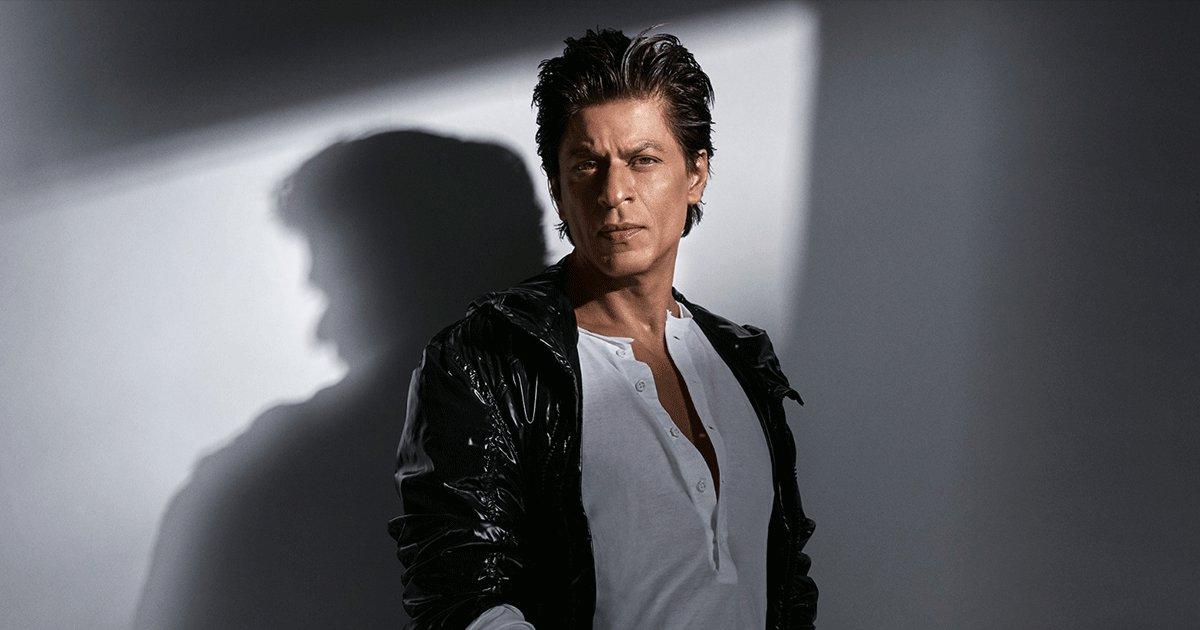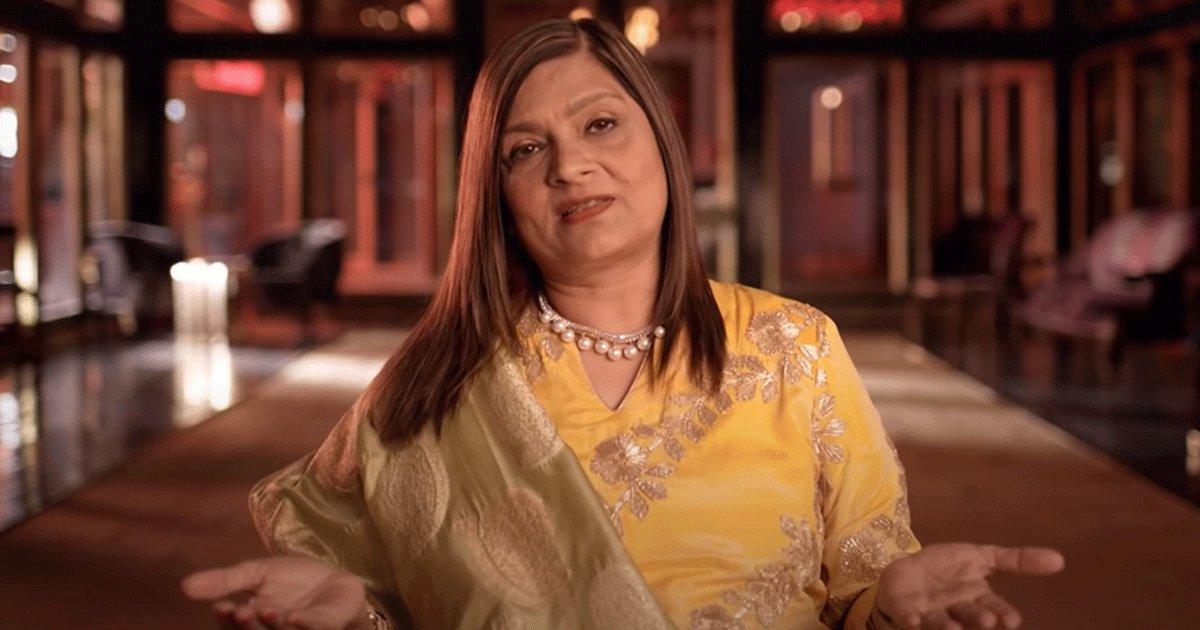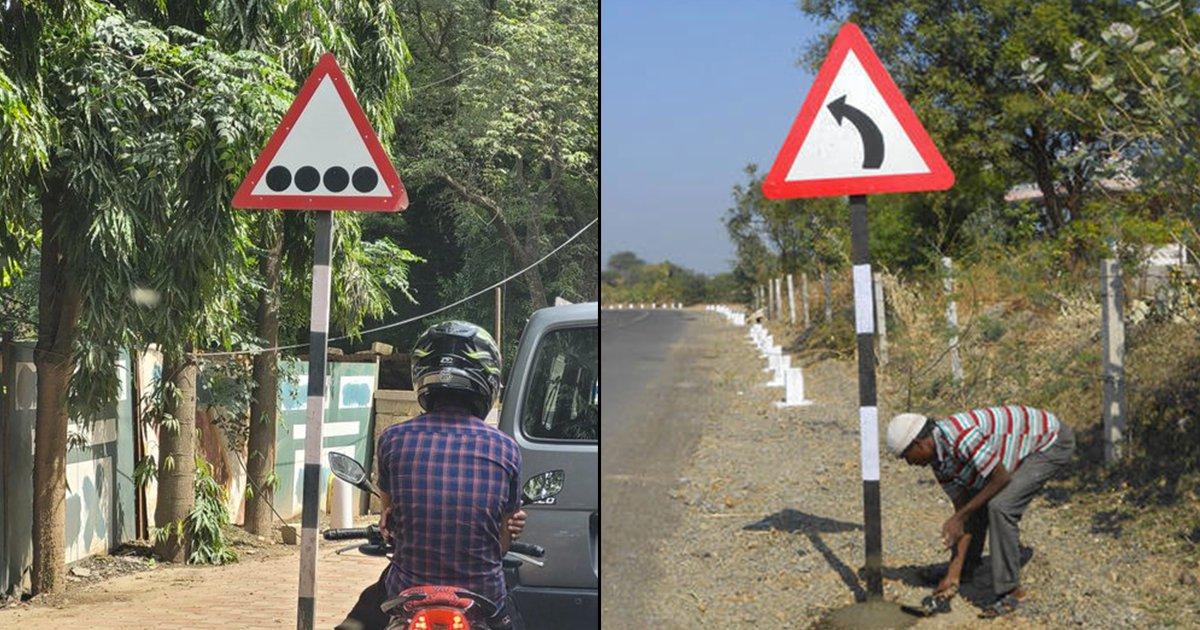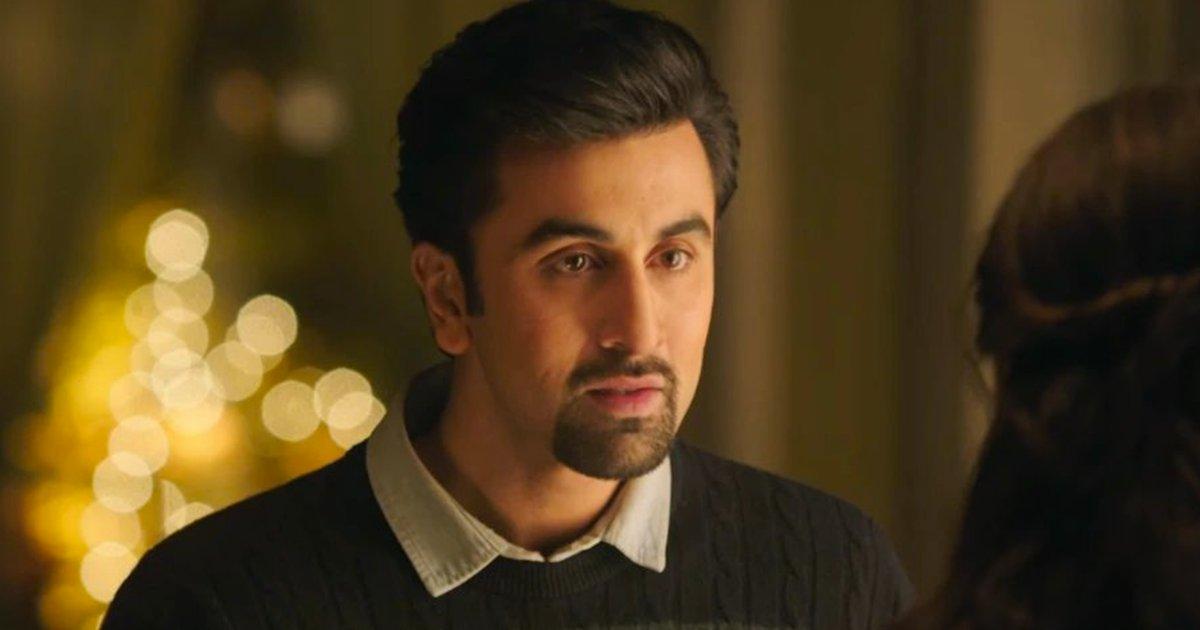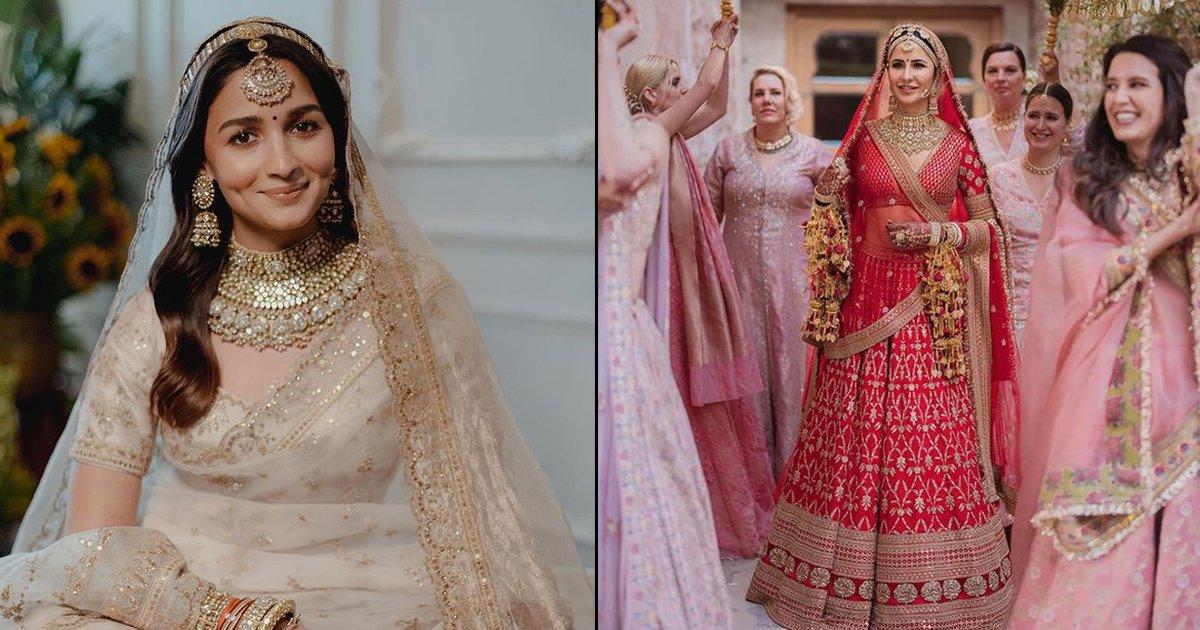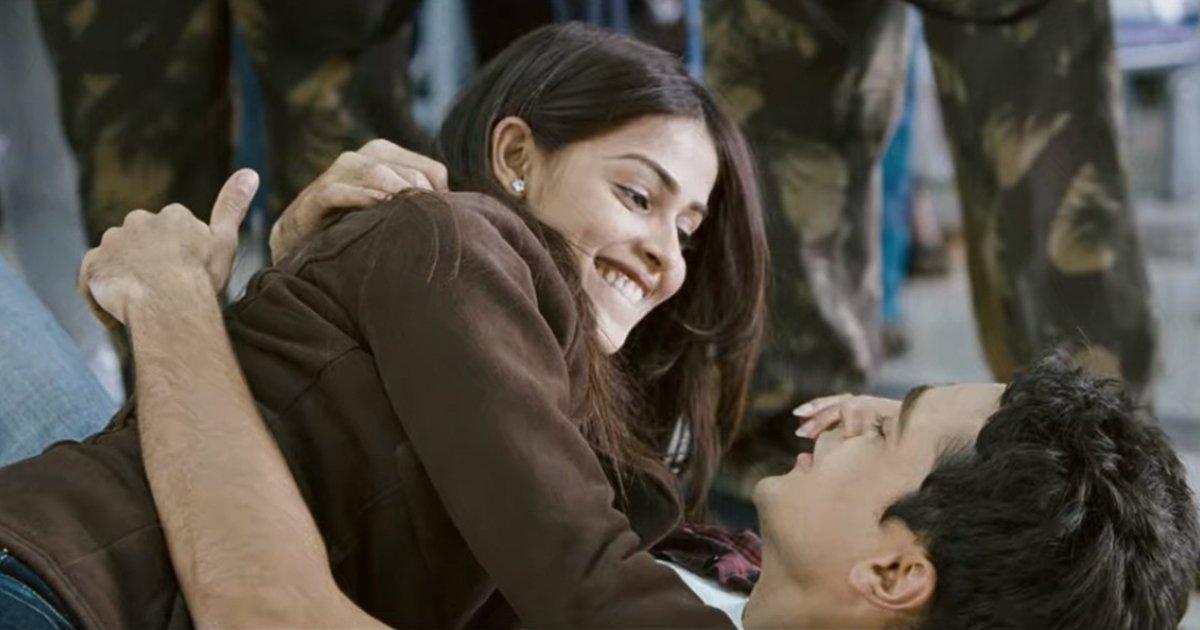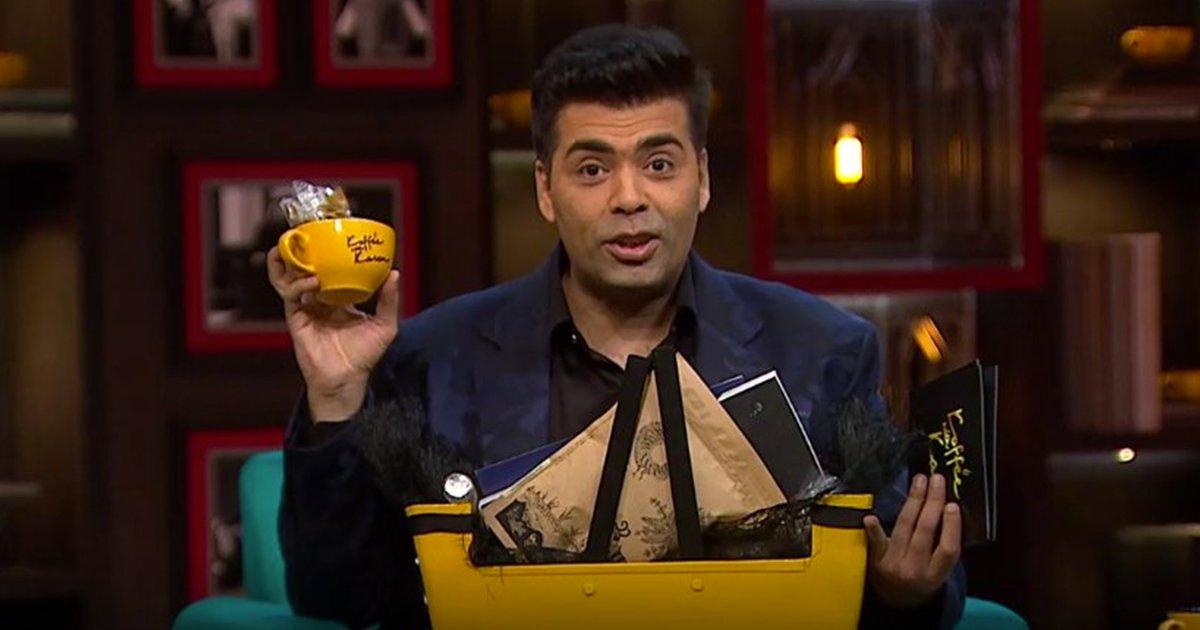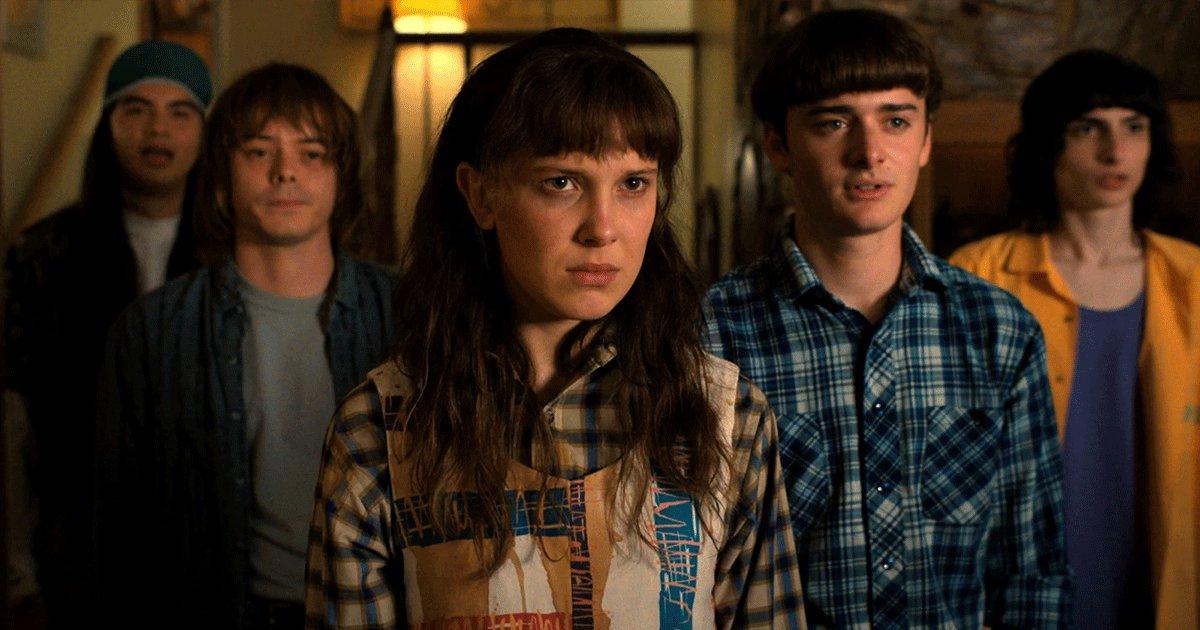The Indian society is centered around family, whether that is extended family or immediate. But some times, family can be one of the greatest and first sources of trauma. Our culture repetitively teaches us to prioritise our parents above our own selves, but some parent-child relationships are so difficult and toxic that there is no room to do that.
Which is why we thought about compiling a list of some of the most troubled parent-child relationships shown in Bollywood films. Because, there are times when relationships with parents are neither solvable nor bearable, and that’s worth acknowledging. Read on.
1. Dil Dhadakne Do
Let’s first start with how incredibly sexist both Kamal (Anil Kapoor) and Neelam Mehra (Shefali Shah) were. They simply couldn’t imagine their daughter leading their family business! To top it all off, they pressured her into focusing on a marriage they knew was failing (and toxic AF), and discouraged her from following her dreams and passions. Parent red flag, if you ask me!
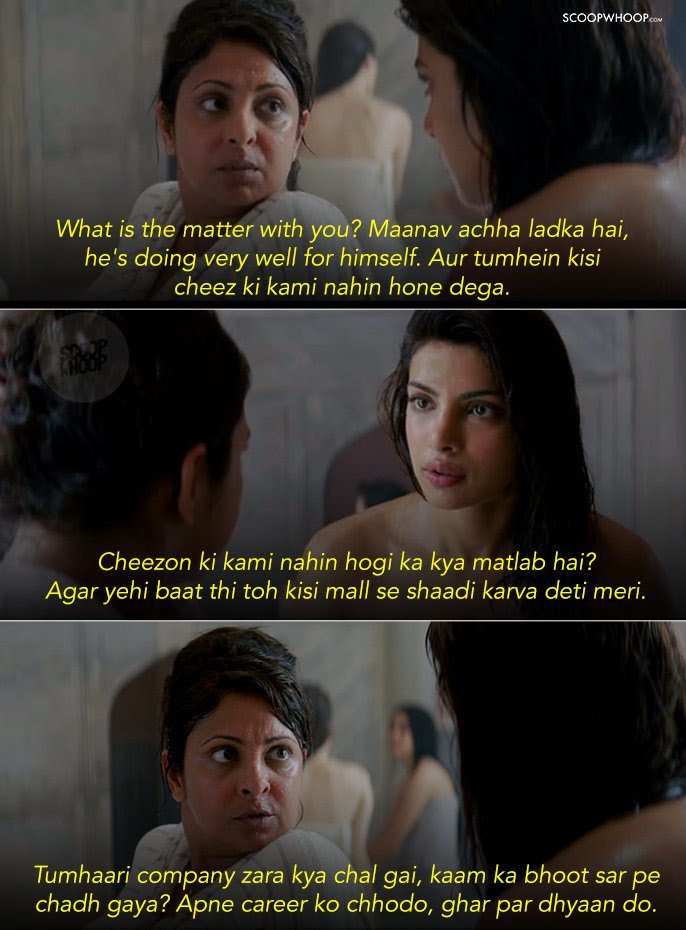
2. Mohabbatein
What was with Mr. Narayan Shankar’s (Amitabh Bachchan) extreme control issues? Mr. Shankar robbed his daughter of the freedom and right to fall in love and find a life partner. Unfortunately, this is pretty common among desi parents; the need to control their children’s biggest, most important life decisions and acting more as dictators rather than parents.
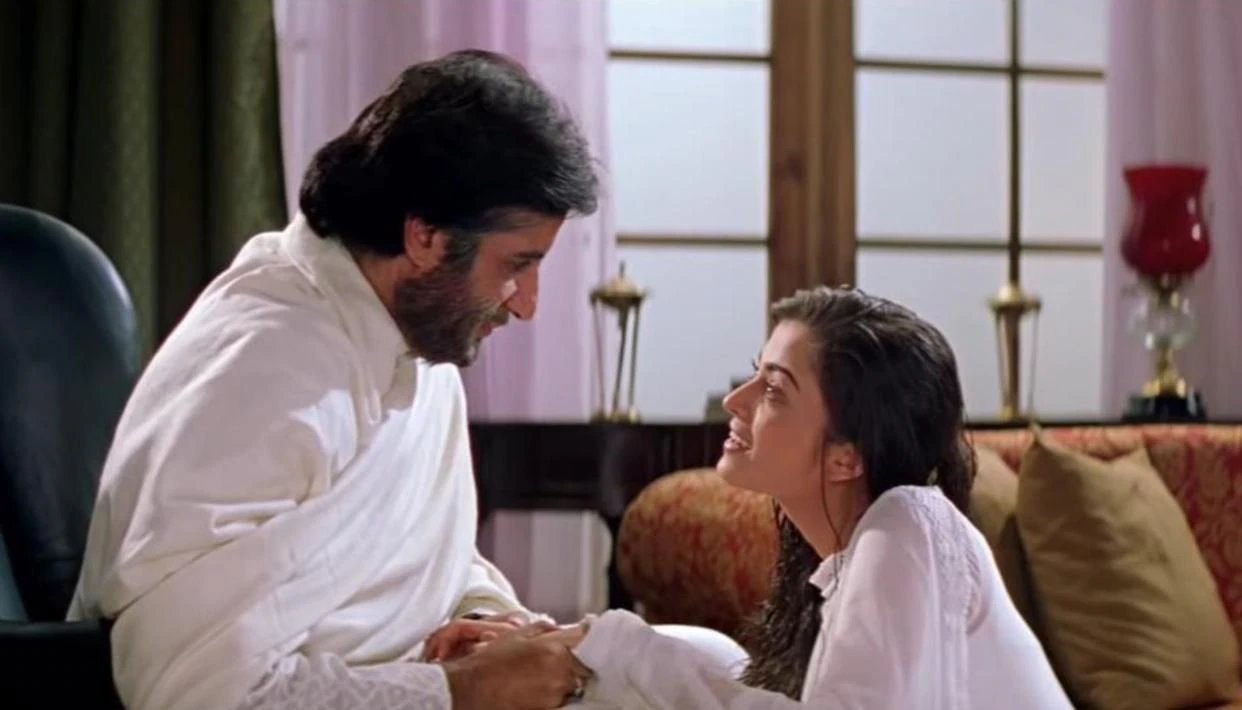
Check Out- Best Parents Day Songs
3. Vivah
We understand that Rama (Seema Biswas) was only acting out because of the deep seated patriarchal conditioning she herself grew up with, but that doesn’t excuse how terribly she treated Poonam (Amrita Rao).
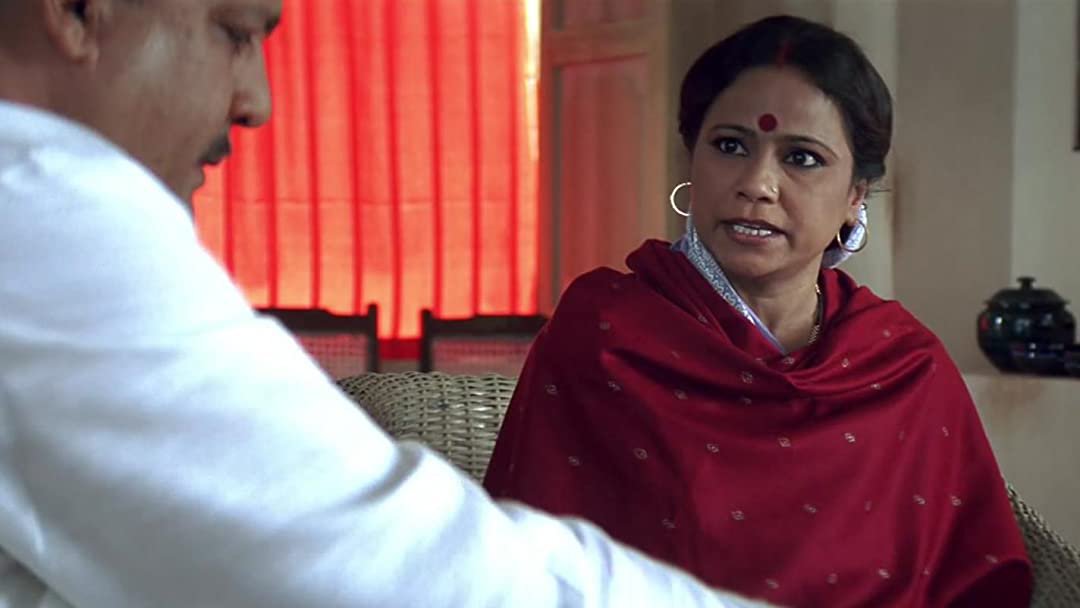
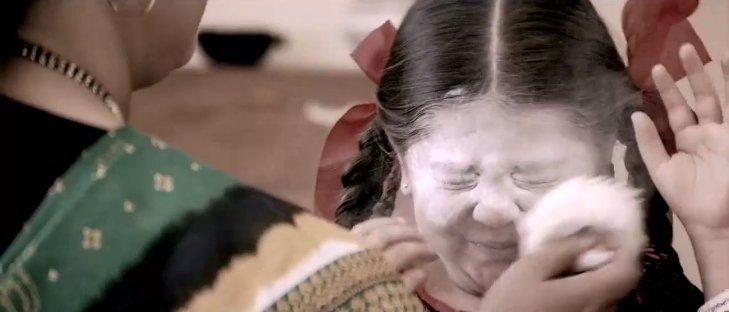
4. Goliyon Ki Raasleela Ram-Leela
Another case of the parent who gets angry because their child dared to fall in love. What’s sad is that this is a cruel reality in our country – parents going as far as to hurt their children because they love someone from another caste, religion or community. Dhankor (Supriya Pathak) cuts her daughter’s (Deepika Padukone) finger off as a form of punishment for falling in love with someone from an enemy clan and pretty much stifles her so much that she ends up loosing her sense of joy. Yikes.
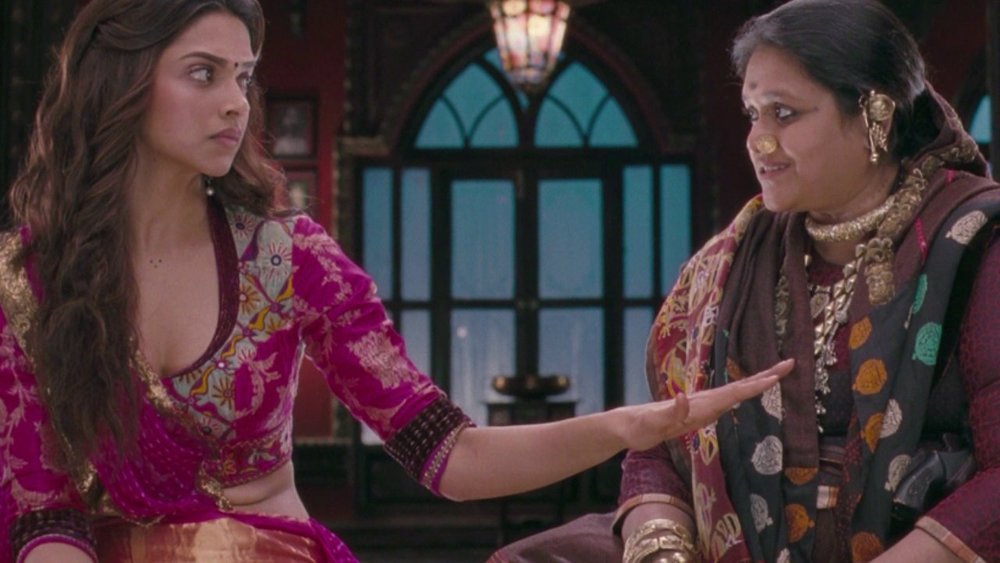
5. Dilwale Dulhania Le Jaayenge
Is anybody else noticing a pattern here? Up till now, the most toxic parents to have existed in Bollywood films, had some sort of a fixation on micro managing their children’s love lives. Much like Chaudhry Baldev Singh (Amrish Puri), who had a very hard time understanding that his daughters are humans, not certificates of family honour. And Lajwanti Singh (Farida Jalal), Simran’s (Kajol) mother, also did a disservice to parenthood by passing down the oppression she faced, to her daughters.
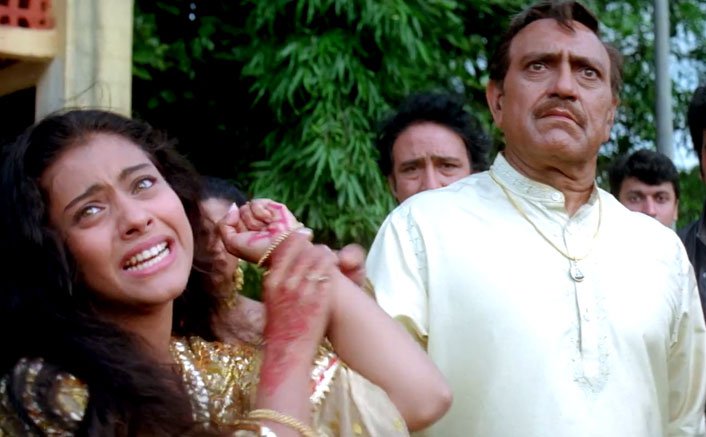
6. 3 idiots
Oh! There is one more thing Indian parents are known to be absolute tyrants about. And that’s linking the family honor and happiness to high grades and high paying careers. Just like Viru Sahastrabudhhe (Boman Irani) who raised his children under immense pressure to become either a doctor or an engineer.
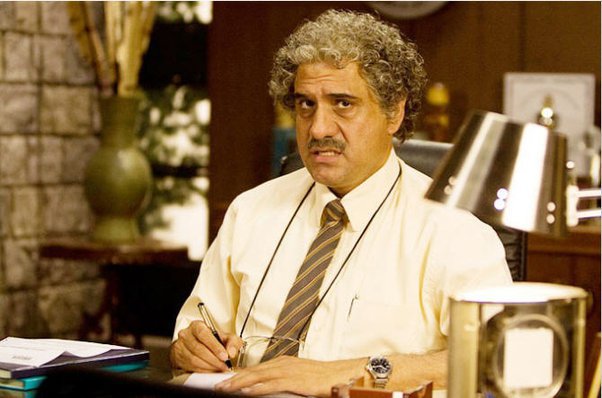
And what about Mr. Qureshi (Parikshit Sahni), who couldn’t digest his son wanting to be a photographer over an engineer? Mr. Qureshi pressured Farhan (Madhavan) into sacrificing his passion in exchange for stability. But what a soul killer that was!
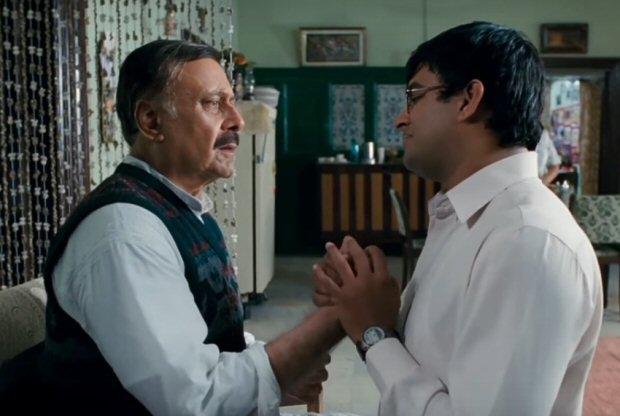
7. Thappad
This one was pretty triggering to watch. When Amrita’s (Taapsee Pannu) mother Sandhya (Ratna Pathak Shah) subtly gaslights and pushes her in to staying in a marriage that she simply did not want to stay in.
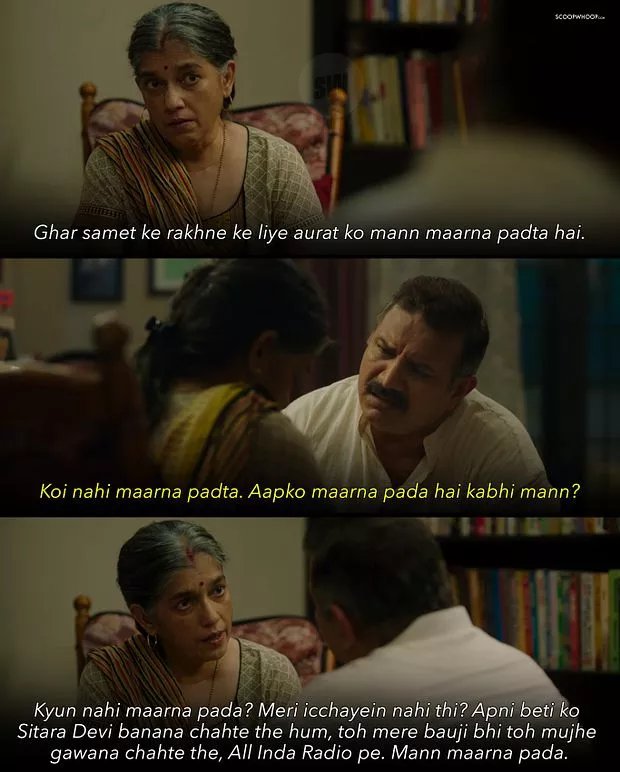
8. 2 States
Not only was Vikram Malhotra (Ronit Roy) physically abusive with his wife (Amrita Singh) and son (Arjun Kapoor). He pretty much crushed his son’s soul and sense of joy by pressuring him into becoming an engineer. Mr. Malhotra had anger issues and sadly, used his family as a punching bag to deal with them.
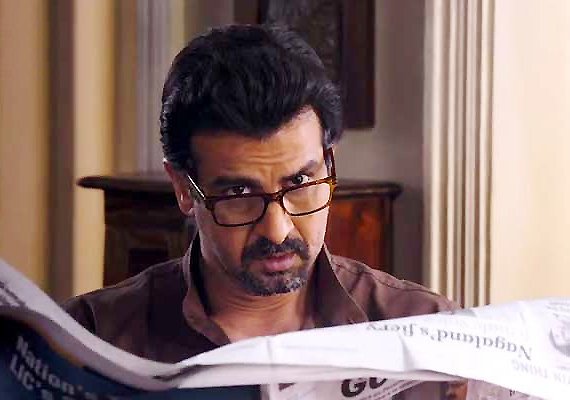
And I want to say that Krish’s mother was a better parent, but unfortunately, she also wanted to control her son’s love life somewhere. Which is never a great sign. Not to mention, her biases against South Indians and dark skin was disturbing to watch.
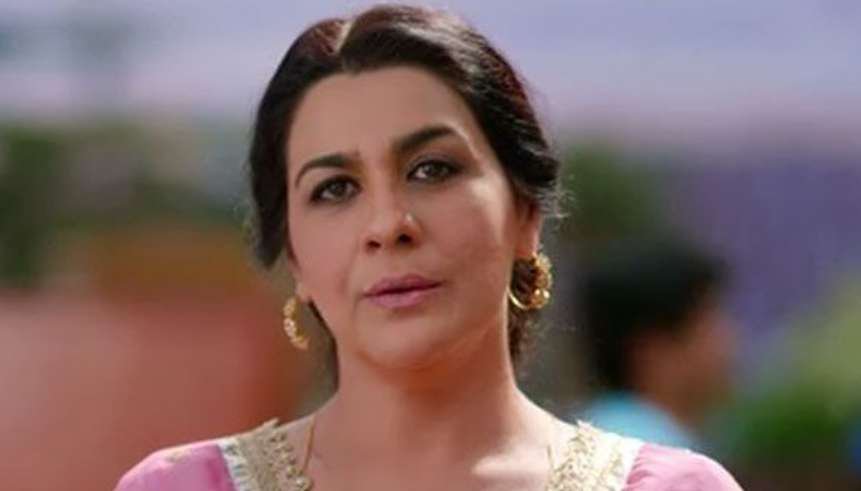
9. Hum Dil De Chuke Sanam
What is it about Indian society normalising possessiveness and discouraging autonomy? Nandini’s (Aishwarya Rai) father Pundit ji (Vikram Gokhale) overdid his control over her life, he traded her away in an arranged marriage like cattle. All to preserve his ‘word and family honor’, what a shame!
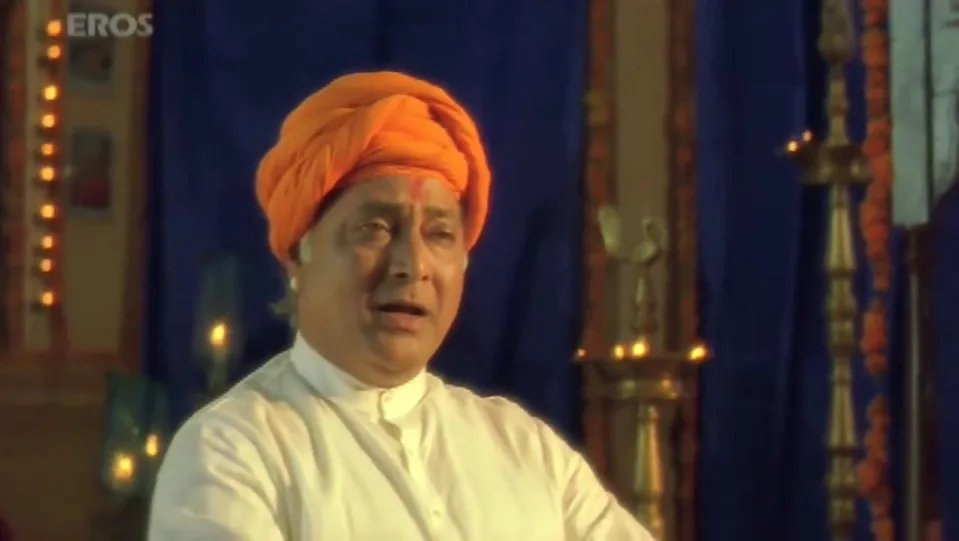
10. Taare Zameen Par
Taare Zameen Par addresses the lack of sensitivity Indian parents often show around mental illnesses and health. Nandkishore Awasthi (Vipin Sharma) and Maya Awasthi (Tisca Chopra) make below par efforts to understand why their son Ishaan (Darsheel Safary) cannot keep up with his school work. And on top of that, they make him feel insufficient, creating an unsafe environment for him and leaving no room for him to open up.
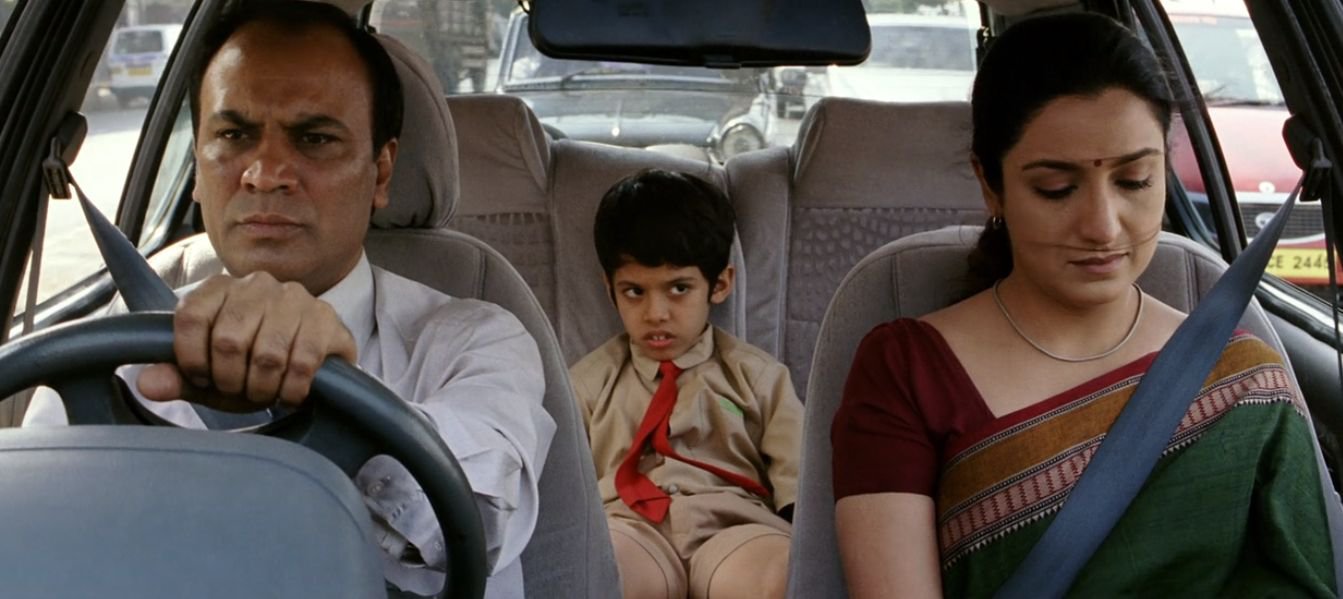
11. Kabhi Khushi Kabhie Gham
Yash Raichand’s ‘Keh Diya Na, Bas Keh Diya,’ was a loud warning sign of just how self righteous he was. But mainly, it’s about how his self righteousness impacted his son’s (Shah Rukh Khan) life. And to be very honest, Mr. Raichand’s love for his son Rahul Raichand was conditional. It was only up for grabs as long as he lived a life that was expected of him.
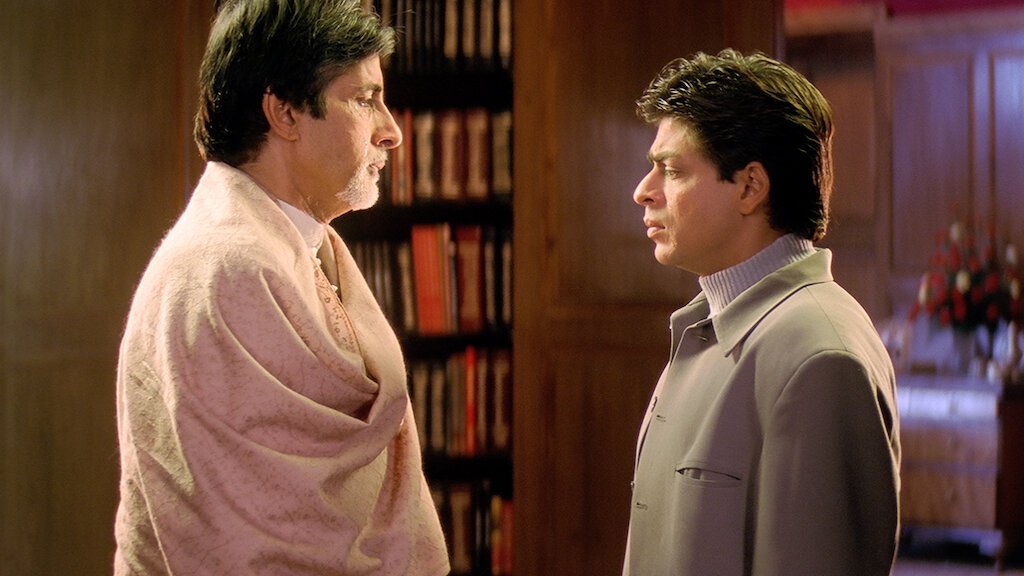
12. Dum Laga Ke Haisha
Subhadra Rani’s (Seema Pahwa) persistent ‘persuasion’ to get her daughter (Bhumi Pednekar) to stay in a marriage she wasn’t being appreciated in, was not at all okay. We get that she was conditioned by patriarchy herself but at some point, you’d think the love she had for her daughter would surpass the conditioning!
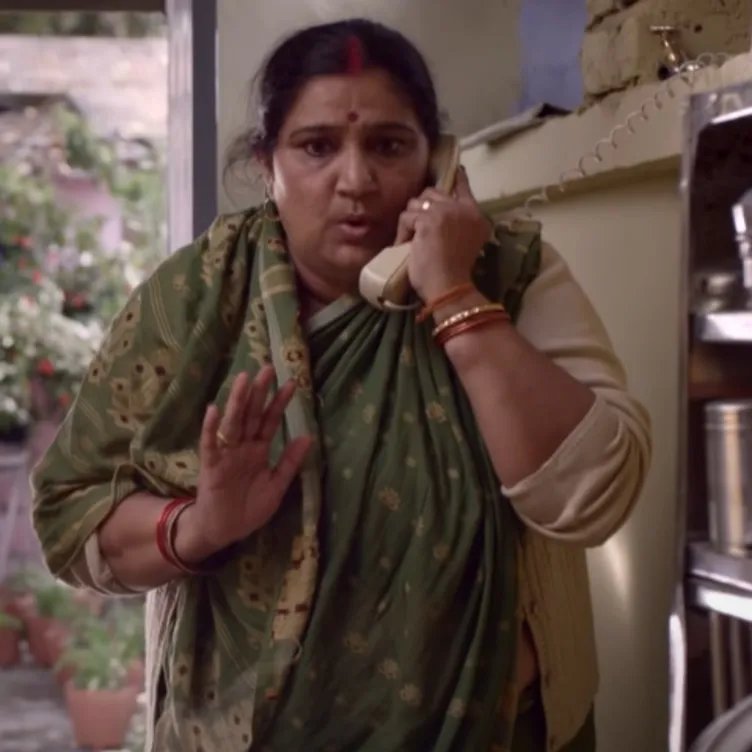
You have to love some people from a distance. And this applies to parents or parental figures as well.





